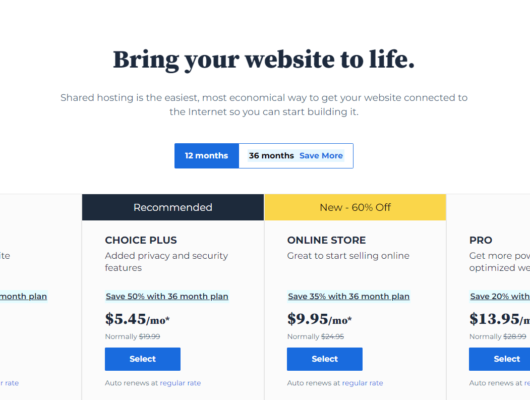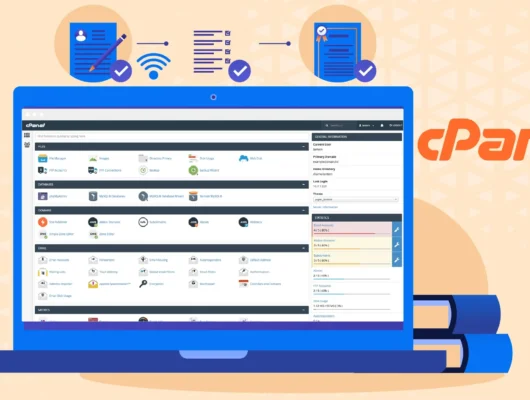Hybrid cloud solutions are becoming an effective way for businesses to stay flexible while keeping their data secure.
By combining public and private clouds, businesses can enjoy the benefits of both—flexibility and security.
What is Hybrid Cloud?
A hybrid cloud blends on-premises infrastructure with private and public cloud services.
This approach provides businesses with a flexible and efficient IT setup.
Benefits of Hybrid Cloud
Flexibility and Scalability:
Hybrid cloud lets businesses scale resources up or down depending on demand, avoiding the limitations of fixed infrastructure.
Cost Optimization:
By using the public cloud for non-sensitive tasks and keeping critical data in private clouds or on-site, businesses can save money with a pay-as-you-go model.
Better Security:
Storing sensitive data in a private cloud or on-site while using the public cloud for less sensitive tasks provides an extra layer of security and helps meet compliance needs.
Disaster Recovery and Continuity:
With hybrid cloud, businesses can quickly recover from disruptions. If one system fails, operations can switch to another, reducing downtime.
Compliance:
Hybrid cloud helps businesses stay compliant with industry regulations by ensuring data is stored and processed in line with legal requirements.
Challenges and Considerations
Integration Complexity:
Connecting existing systems to both private and public clouds can be tricky. Careful planning is needed to ensure smooth data transfer.
Data Management:
Managing data across multiple cloud environments requires clear policies to ensure it remains secure and accessible.
Cost Monitoring:
While hybrid cloud can be cost-effective, businesses must monitor usage and optimize resources to avoid overspending.
Read more about Infrastructure as a Service…
Conclusion
Hybrid cloud solutions offer businesses the best of both worlds—flexibility and security.
By combining private and public clouds, businesses can ensure high performance, scalability, and data protection.
As technology continues to evolve, hybrid cloud is becoming a key tool for businesses in the digital age.






